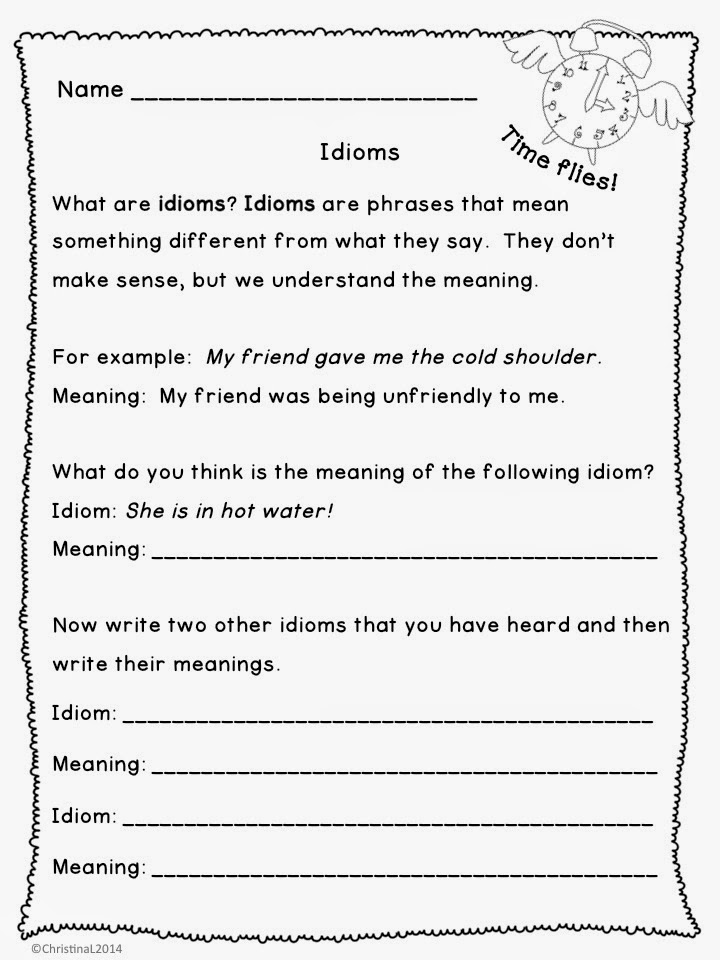Mastering Greek and Latin Roots Worksheet

Unlocking the Power of Greek and Latin Roots: A Comprehensive Guide
Learning Greek and Latin roots is a powerful way to improve your vocabulary and comprehension skills. Many English words have roots in Greek and Latin, and understanding these roots can help you decipher unfamiliar words and expand your vocabulary. In this article, we will explore the world of Greek and Latin roots, provide you with a comprehensive worksheet to practice, and offer tips on how to master these roots.
Why Learn Greek and Latin Roots?
Learning Greek and Latin roots has numerous benefits:
- Improved vocabulary: By learning the meanings of Greek and Latin roots, you can decode unfamiliar words and expand your vocabulary.
- Enhanced comprehension: Understanding the roots of words can help you comprehend complex texts and improve your reading skills.
- Better communication: Being able to use words accurately and confidently can enhance your communication skills, both written and spoken.
- Academic success: Knowledge of Greek and Latin roots can give you an edge in academic pursuits, particularly in subjects like science, medicine, and law.
Common Greek Roots
Here are some common Greek roots to get you started:

| Root | Meaning | Examples |
|---|---|---|
| tele- | far, distant | telephone, telepathy |
| bio- | life | biology, biography |
| graph- | write, draw | graph, graphic |
| log- | word, reason | logic, logarithm |
| path- | feeling, emotion | sympathy, apathy |
Common Latin Roots
Here are some common Latin roots:
| Root | Meaning | Examples |
|---|---|---|
| am- | love | amity, amateur |
| aud- | hear, listen | audio, audition |
| cred- | believe | credible, incredulous |
| duct- | lead, guide | conduct, deduction |
| spect- | look, see | spectrum, inspection |
Practice Worksheet
Now that you’ve learned some common Greek and Latin roots, it’s time to practice! Complete the following worksheet to test your knowledge:
Section 1: Matching
Match the Greek or Latin root with its correct meaning:
tele- a) far, distant b) life c) write, draw d) hear, listen
bio- a) love b) life c) believe d) lead, guide
graph- a) write, draw b) feel, emotion c) hear, listen d) see, look
log- a) word, reason b) life c) love d) hear, listen
path- a) feeling, emotion b) write, draw c) hear, listen d) see, look
Section 2: Fill in the Blanks
Complete the following sentences with the correct word using the given root:
- The _______ (tele-) conference allowed us to communicate with colleagues from around the world.
- The _______ (bio-) scientist studied the effects of climate change on living organisms.
- The _______ (graph-) designer created a stunning visual representation of the data.
- The _______ (log-) analysis revealed a logical pattern in the data.
- The _______ (path-) psychologist helped patients overcome their emotional traumas.
Section 3: Short Answer
Explain the meaning of the following roots and provide an example word:
- am-
- aud-
- cred-
- duct-
- spect-
Tips for Mastering Greek and Latin Roots
Here are some tips to help you master Greek and Latin roots:
- Practice regularly: Make a habit of practicing Greek and Latin roots regularly to reinforce your learning.
- Use flashcards: Create flashcards with the root on one side and the meaning on the other to help you memorize.
- Read widely: Expose yourself to a wide range of texts to encounter new words and reinforce your learning.
- Play word games: Engage in word games and puzzles to make learning fun and interactive.
📝 Note: For more practice, try using online resources or mobile apps that offer interactive exercises and quizzes to help you master Greek and Latin roots.
Understanding Greek and Latin roots can take time and practice, but with persistence and dedication, you can unlock the power of these ancient languages and enhance your vocabulary and comprehension skills.
Many students have found that learning Greek and Latin roots has helped them improve their academic performance and expand their vocabulary. By following the tips and practicing regularly, you can achieve similar results.
What are the benefits of learning Greek and Latin roots?
+Learning Greek and Latin roots can improve your vocabulary and comprehension skills, enhance your communication skills, and give you an edge in academic pursuits.
How can I practice Greek and Latin roots?
+You can practice Greek and Latin roots by using flashcards, reading widely, playing word games, and engaging in online exercises and quizzes.
What are some common Greek roots?
+Some common Greek roots include tele- (far, distant), bio- (life), graph- (write, draw), log- (word, reason), and path- (feeling, emotion).



